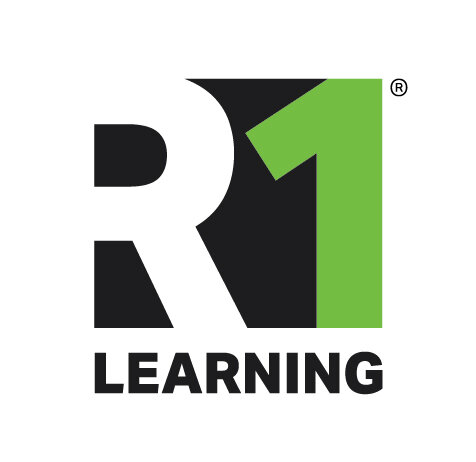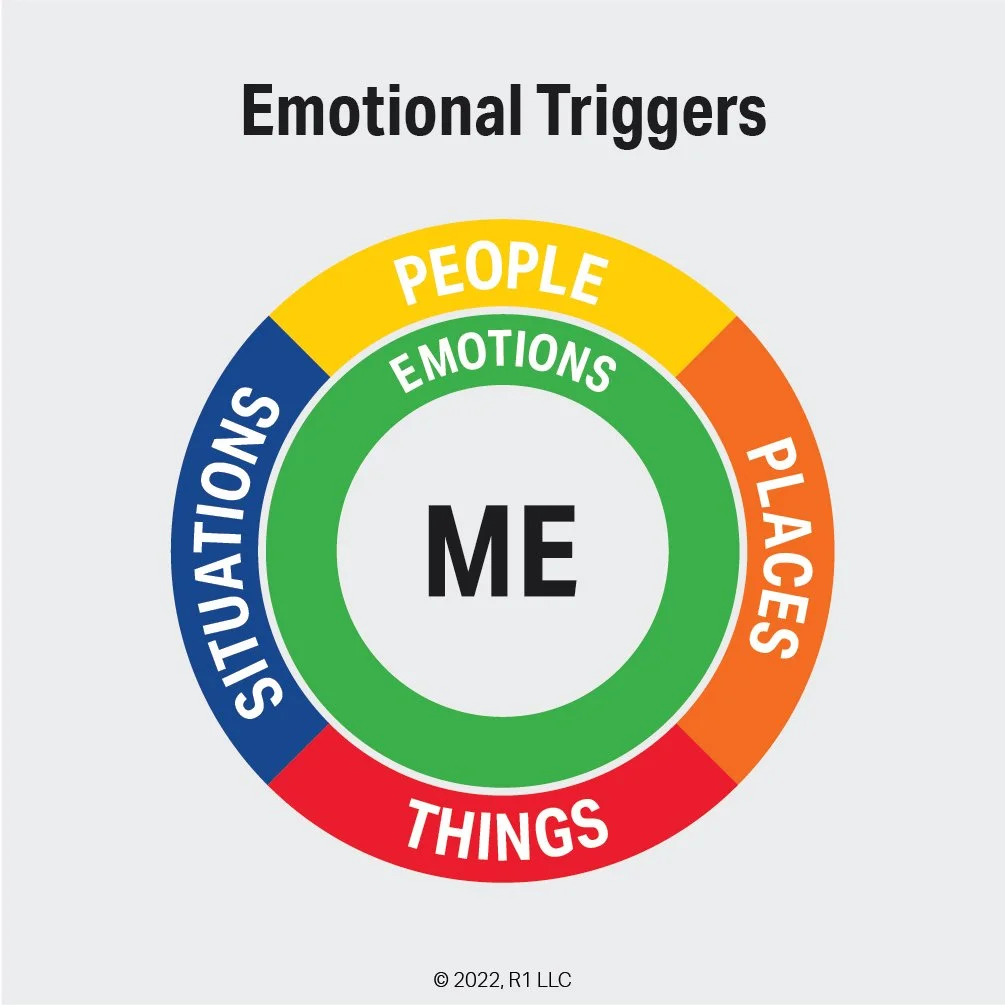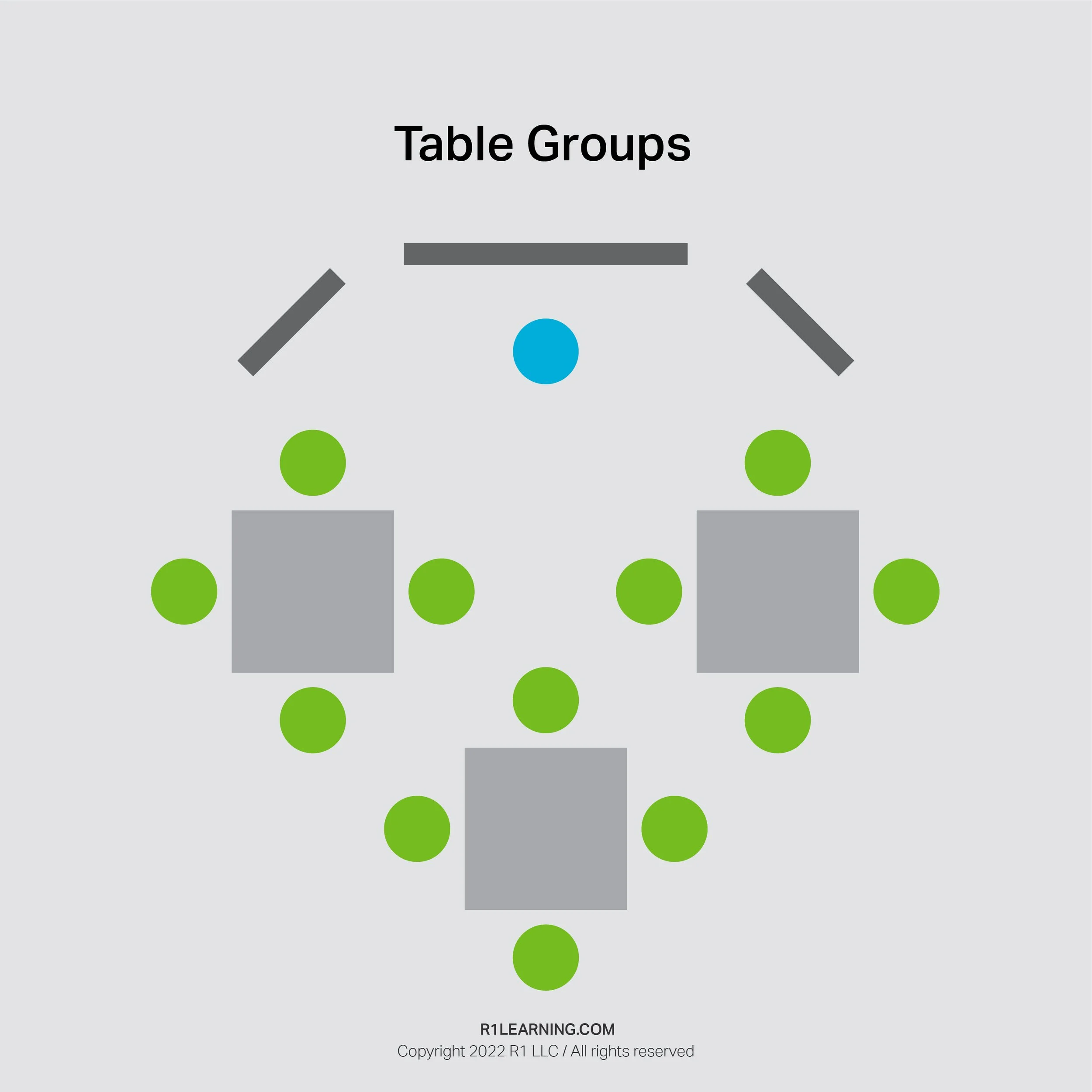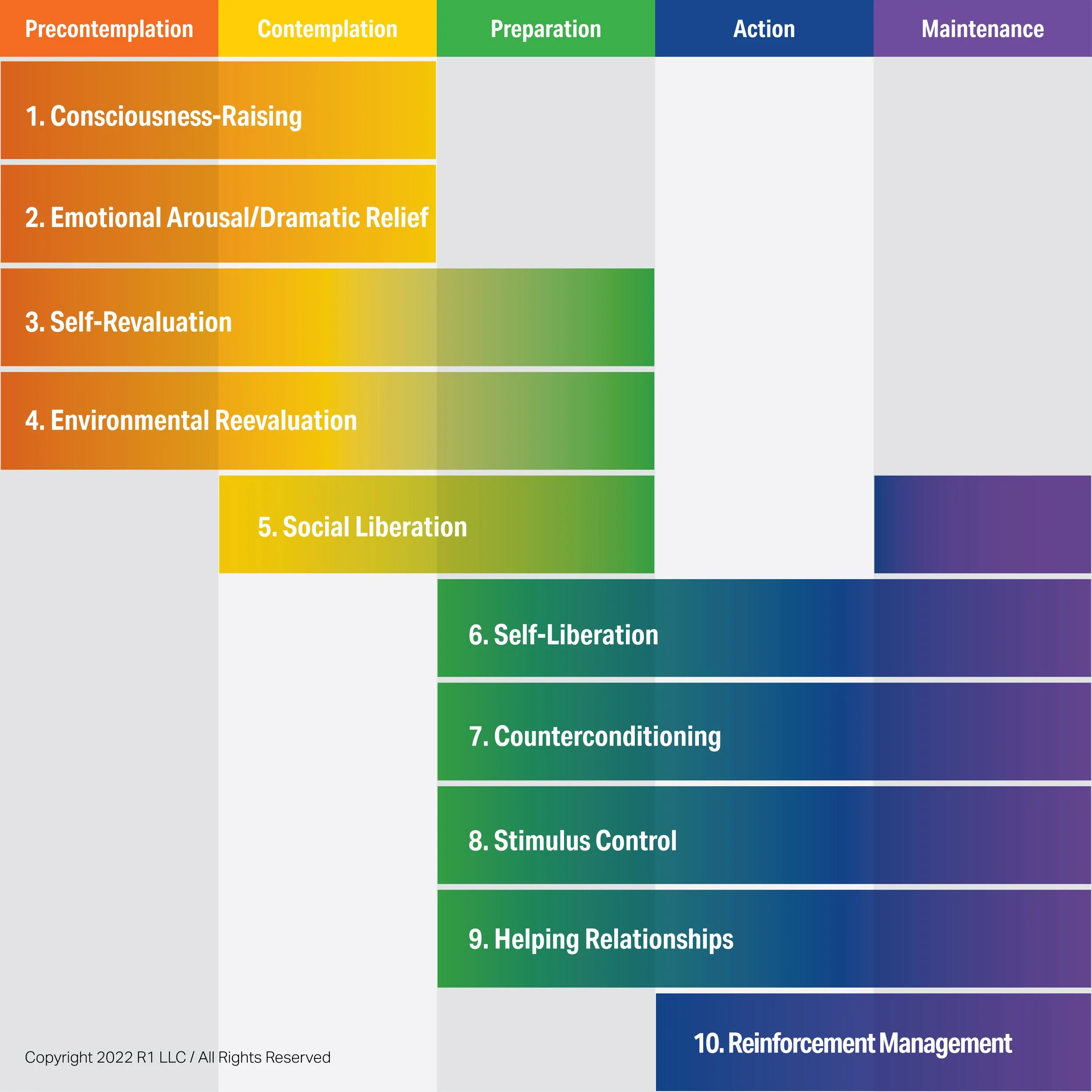Engaging logical learners with real-life situations and circumstances, not only makes the learning experience relevant and practical, it sparks one’s journey toward self-efficacy through a reflective self-discovery process. It also encodes the information one is learning into long-term memory.
Read MoreHow human beings distort reality to protect themselves is amazing. Given adverse childhood experiences or other traumatic events that can occur along life’s journey, defense mechanism serve an important protective role psychologically.
Read MoreThey make you think! That’s the simple answer to the question. Thinking and reflecting on goals make them real and concrete. This internalized goal drafting and crafting process sparks and motivates individuals onto the path of behavioral change. Self-efficacy is a belief in one’s competence to successfully accomplish a task and produce a favorable outcome.
Read MoreR1’s purpose is to build an interactive curriculum service that will impact individuals, their families, equip deeply caring and compassionate practitioners in the workforce, and change lives. We also set off to build tools to learn from more quickly and easily. We asserted at the start in July of 2017 that it was impossible.
Read More"What happened?" "How do my childhood experiences effect me now?" are questions for individuals to explore in order to identify traumatic experiences and get help. The experiences one has during childhood (within the first 18 years of life) impacts
Read MoreFor individuals and communities to benefit from a curriculum it needs to be both impactful and accessible. Even with the world's best curriculum, its efficacy diminishes if not accessible to everyone. Discover how we're prioritizing accessibility to maximize impact for every individual in the community.
Read MoreSubstances are all around us in society. Some are marketed and distributed by some of the most profitable companies in the world (Pfizer, Johnson & Johnson, Roche for prescribed pharmaceuticals, Starbucks and other coffee franchises for caffeine, Phillip Morris and Altria…
Read MoreRecovery Capital refers to the internal and external resources necessary to achieve and sustain recovery. The Recovery Capital Model recognizes that a variety of dimensions — personal capital, social capital, community capital, emotional support, commitment to sobriety, and well-being — can support or jeopardize recovery depending on how individuals use their capital.
Read MoreEmotional coping skills are the topic of today’s post and important tools individuals learn on the path of health and wellness. Emotional wellness is central to most evidence-based practices and psychological models including Cognitive Behavioral Therapy (CBT), Dialectical Behavioral Therapy (DBT),
Read MoreHelping individuals think about their past experiences to identify environmental triggers is central to preventing other mental health conditions such as anxiety or depression. Our model highlights four types of environmental triggers — people, places, things, and situations.
Read MoreSubstance use is on the rise and impacting individuals, families, and communities world-wide. Hundreds of millions of individuals use substances in some fashion with over three million people dying from substance related use globally. The use of physical or mind-altering substances
Read MoreBuilding new positive stories and beliefs about oneself takes practice. Frequent and consistent re-connection with core values, new healthy choices and behaviors, and a shift in one’s core beliefs takes time..The more we practice and incorporate these new beliefs into our daily routines and mindset, the more we will achieve their benefits.
Read MoreHow does structure impact one’s learning experience? is one of the major questions we’ve been shining a light on since R1 Learning’s inception. There is little for me to tell you in this post. The main point is your observation of the 9 structures below and your own experiences either being in one (being one of the green dots) or facilitating one (being one of the blue dots). Each has a primary purpose. Each has pros and cons. Structure has a way of placing emphasis on the blue dot in relation to the green dots. As you observe the 9 configurations, which ones
Read MoreWhile the Stages of Change are useful in explaining when changes in cognition, emotion, and behavior occur, the Processes of Change help to explain how those changes occur. These ten processes, which are highlighted in the table and defined below, can enable individuals to successfully progress through the Stages of Change when they attempt to modify problem behaviors and attain desired behavior change.
Read MoreThe Schwartz Values Wheel is a highly researched model developed by Dr. Shalom Schwartz while examining over 80 cultures around the world. The model defines 8 Values Dimensions, 10 Values Types, and fifty-seven (57) unique motivational values.
Read MoreThe struggles of boundary management touches all individuals in the world, not just individuals dealing with substance use or other mental health conditions. It is a universal challenge and one worth exploring given it’s purpose of being and feeling healthy and safe.
Read MoreThe Consequences of addiction are staggering. Hundreds of thousands of people die each year from the use of drugs and alcohol. Millions more are affected. Families and communities are ravaged. The cost to businesses is immense with increased sick leave, tardiness, injuries, and loss of productivity. Use of substances has become an international crisis affecting all facets of our society.
Read MoreReturn to substance use (Relapse) is not simply drinking or using drugs after a period of sobriety. The seeds for returning to drinking or using are planted well in advance of the behavior when normalized thinking and feelings start to become distorted…
Read MoreCurriculum design and development is a discipline onto itself. Training and development is an industry with subject matter experts, best practices, and professionals skilled in the craft.
Read MoreEvidence-based practices deliver greater outcomes for individuals and programs is supported by research. But they can only reach their full potential when people are engaged with learning and utilizing these practices.
Read More



















